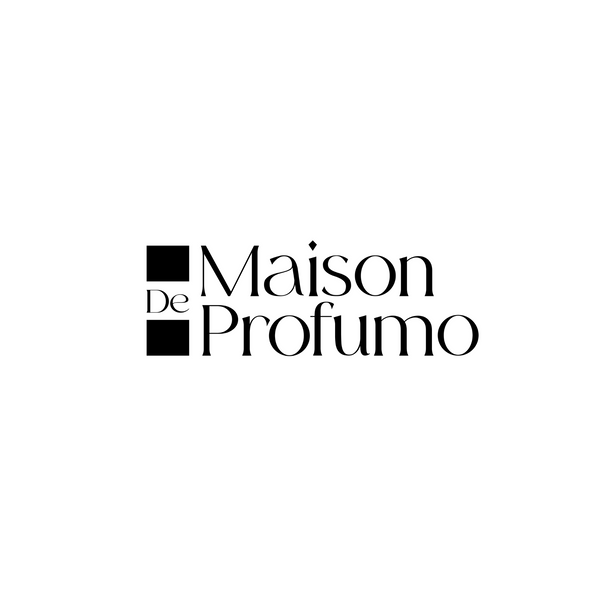Introduction
Hotel fragrances are a powerful tool in creating memorable guest experiences. The right scent can evoke emotions, create lasting memories, and enhance the overall ambiance of a hotel. This comprehensive guide explores the significance of hotel fragrances, detailing their benefits, types, implementation strategies, and the science behind scent marketing.
Exploring Hotel Fragrances

1. The Importance of Hotel Fragrances
Enhancing Guest Experience
-
Emotional Connection:
- Scents evoke emotions and create lasting memories.
- A pleasant fragrance can enhance a guest's overall experience.
-
Brand Differentiation:
- Unique fragrances can set a hotel apart from competitors.
- Consistent scents across multiple locations reinforce brand identity.
Impact on Perceived Cleanliness
-
First Impressions:
- A fresh, clean scent upon entering the hotel lobby creates a positive first impression.
- Helps mask any unwanted odors, maintaining a clean and inviting atmosphere.
2. Types of Hotel Fragrances
Signature Scents
-
Custom Blends:
- Tailored fragrances that reflect the hotel's brand and ambiance.
- Often a blend of essential oils and synthetic compounds.
-
Examples:
- Citrus and floral notes for a fresh, vibrant feel.
- Woody and musky tones for a luxurious, sophisticated atmosphere.
Functional Scents
-
Purpose-Driven Fragrances:
- Scents designed for specific areas such as spas, gyms, or conference rooms.
- Relaxing lavender for spas, invigorating eucalyptus for gyms.
3. Implementation Strategies
Scent Diffusion Methods
-
HVAC Systems:
- Integrating fragrances into the hotel’s HVAC system for even distribution.
- Benefits: Consistent scent throughout large areas.
-
Standalone Diffusers:
- Portable devices for targeted scenting in specific areas.
- Benefits: Flexibility and control over scent intensity.
Placement and Coverage
-
High-Traffic Areas:
- Lobbies, reception areas, and entrances.
- First impressions are crucial; these areas should have a welcoming scent.
-
Guest Rooms and Suites:
- Personalized scents to enhance the in-room experience.
- Options for guests to choose their preferred fragrance.
4. The Science of Scent Marketing
Olfactory Memory and Emotion
-
Connection to the Brain:
- The olfactory system is directly linked to the brain's limbic system, which controls emotions and memory.
- Scents can trigger powerful emotional responses and memories.
-
Studies and Research:
- Research shows that pleasant scents can enhance mood, reduce stress, and improve overall guest satisfaction.
Consumer Behavior and Scent
-
Influence on Decision-Making:
- Pleasant scents can influence consumer behavior, increasing the likelihood of positive reviews and repeat visits.
-
Brand Loyalty:
- A unique and memorable scent can enhance brand loyalty and customer retention.
5. Benefits Beyond Guest Experience
Employee Well-Being
-
Work Environment:
- Pleasant scents can create a positive work environment for hotel staff.
- Reduces stress and improves overall morale.
Marketing and Promotion
-
Scent as a Marketing Tool:
- Using the hotel’s signature scent in promotional materials and merchandise.
- Enhances brand recognition and recall.
Detailed Profiles of Hotel Fragrances
Historical Context of Scent Marketing
Scent marketing has been used for centuries, with origins tracing back to ancient civilizations that utilized fragrances in their temples and palaces. The modern concept of scent marketing in hospitality gained traction in the late 20th century, as hotels began to recognize the potential of scents in creating memorable guest experiences and reinforcing brand identity.
Implementing Hotel Fragrances
Choosing the Right Fragrance
The process of selecting the right fragrance for a hotel involves understanding the brand’s identity, target audience, and desired ambiance. Collaboration with professional perfumers and fragrance companies ensures that the chosen scent aligns perfectly with the hotel’s ethos.
Technological Integration
Modern scent diffusion technologies have made it easier to implement fragrances in hotels. HVAC systems allow for large-scale scent diffusion, ensuring a consistent aroma throughout the hotel. Standalone diffusers offer flexibility, allowing hotels to adjust the intensity and placement of scents as needed.
Aromas and Their Effects
Popular Fragrance Notes
-
Citrus:
- Invigorating and fresh.
- Commonly used in lobbies and reception areas.
-
Floral:
- Calming and welcoming.
- Ideal for guest rooms and lounges.
-
Woody:
- Sophisticated and luxurious.
- Used in high-end suites and conference rooms.
Scent Profiles by Area
| Area | Recommended Scent Profile |
|---|---|
| Lobby | Fresh, welcoming scents like citrus and floral |
| Guest Rooms | Calming scents like lavender and vanilla |
| Spa | Relaxing scents like eucalyptus and sandalwood |
| Gym | Invigorating scents like peppermint and citrus |
| Conference Rooms | Neutral, subtle scents like cedar and musk |
Case Studies: Successful Implementation of Hotel Fragrances
Luxury Hotel Chains
-
Ritz-Carlton:
- Signature scent: A blend of citrus and floral notes.
- Effect: Enhances the luxurious and welcoming atmosphere.
-
Marriott:
- Signature scent: Crisp, clean fragrances.
- Effect: Reinforces brand consistency across multiple locations.
Boutique Hotels
-
The Langham:
- Signature scent: A unique blend of rose and honey.
- Effect: Creates a memorable and distinct guest experience.
-
Ace Hotel:
- Signature scent: Earthy, musky tones.
- Effect: Enhances the trendy and eclectic ambiance.
Benefits Beyond Fragrance
Employee Well-Being and Productivity
A pleasant work environment, enhanced by soothing and invigorating scents, can significantly improve employee well-being and productivity. Staff members working in a fragranced environment are likely to experience reduced stress levels and increased job satisfaction.
Extending the Brand Experience
Hotels can extend their brand experience by offering products infused with their signature scent, such as candles, room sprays, and toiletries. This not only provides an additional revenue stream but also allows guests to bring a piece of their hotel experience home with them.
Conclusion
Hotel fragrances are a crucial element in creating a memorable and distinctive guest experience. From enhancing the ambiance and emotional connection to reinforcing brand identity, the strategic use of scents can significantly impact a hotel's success. By understanding the science behind scent marketing and implementing the right strategies, hotels can elevate their guest experience and set themselves apart in the competitive hospitality industry.
